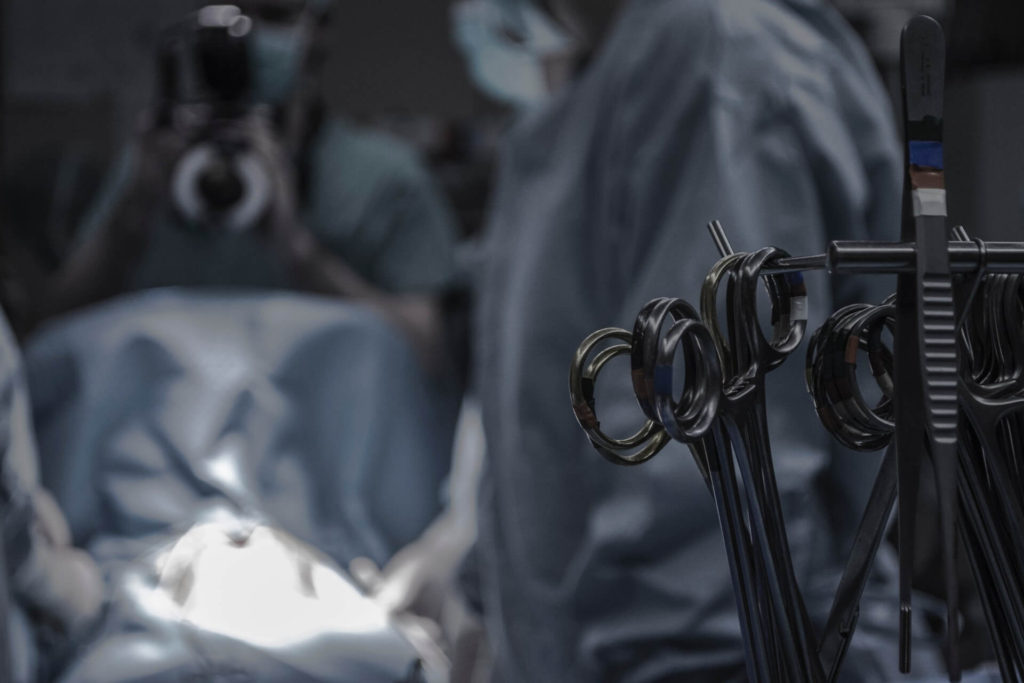 Say you had a medical device implanted in your body. It was supposed to be rigorously tested beforehand, and it’s there to make your life better. But something goes wrong. You’re hurt – but was it the device itself? Or was it the surgeon who implanted it?
Say you had a medical device implanted in your body. It was supposed to be rigorously tested beforehand, and it’s there to make your life better. But something goes wrong. You’re hurt – but was it the device itself? Or was it the surgeon who implanted it?
Medical malpractice vs. product liability. These are two of the most complicated legal cases a plaintiff can go through. Both have complex requirements when it comes to evidence and can take years to fully investigate and litigate. When they overlap, they create even more confusion. Determining whether you were injured by a defective medical device or a negligent physician requires the expertise of a skilled attorney.
Surgical Errors vs. Defective Medical Devices
Advancements in medicine over the years have often been paired with improvements in engineering and technology. Pacemakers have changed the life expectancy of patients with heart problems and drastically reduced the number of heart attacks in the United States since their conception. In turn, surgeons have learned novel ways to approach injuries, diseases, and medical conditions, often utilizing non-invasive methods to treat patients. Skilled surgeons and advanced technology have been a great boon for patients, allowing them to survive where they otherwise would not have.
But when new technology is not properly reviewed or is placed in the wrong hands, it can be a disaster.
Modern medical devices must pass through multiple testing phases and reviews before they can be approved for patient use. These devices are often backed by millions of dollars in investments, and many companies have rushed to catch in on big profits. With so many companies in the business of developing new medical implants and technology, there are bound to be some that cut corners. If a medical device is defective or has a mechanical error, it could cause more harm than good once implanted in a patient.
The other major danger is the skill of the surgeon installing the device. Even if a device is free of defects and safe for use, surgeons still need to carefully review a patient’s medical history and properly install the device. If they do not, their inexperience or negligence can cause significant harm. A device may not work properly, causing a patient’s condition to worsen, or it may cause further injuries. There is never an excuse for a surgical error, especially when it involves life-saving medical equipment.
Which Claim Do I File?
Depending on what went wrong, you will have different claims and liable parties. For defective medical devices, you may be able to pursue a product liability claim against the device’s manufacturer. In contrast, if a surgeon made an error while installing your implant, then you may have a case of medical malpractice.
To identify which type of claim you can file, you will need to review the nature of your injuries with a skilled attorney. At Wingate, Russotti, Shapiro, Moses & Halperin, LLP, we can sit down with you in a free consultation and explain your options. We have worked with numerous doctors over the years on complex medical malpractice and product liability cases. Based on our 50 years of experience, we can:
- Review your medical records and treatment to determine how your injuries occurred.
- Investigate the doctor or hospital where you were treated for a history of negligence.
- Consult with engineers about the device that was used on you.
- Research the company that manufactured the device for recalls and reports of defects.
- Determine who is liable for your injuries and responsible for paying you compensation.
- Fight for that compensation.
If you are unsure if you have a medical malpractice or product liability case, reach out to our team at Wingate, Russotti, Shapiro, Moses & Halperin, LLP, by calling (212) 986-7353.